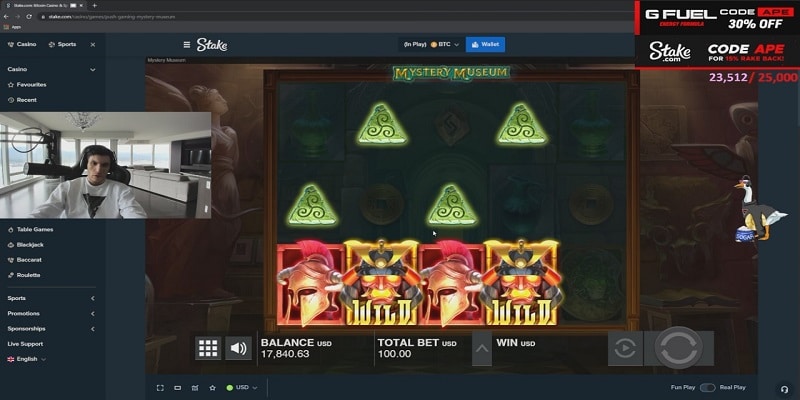
Could Twich find itself in hot water? Lawmakers say the streaming platfrom could be breaking US laws by promotin illgeal crypto gaming! (Image from twitch.tv)
As millionaire Twitch streamers cash in on the growth of online gambling, those that are slot players may face legal repercussions. The mega streaming platform famous for steaming eSports and online games has come under fire from multiple angles as of late. Firstly, for exposing underage citizens to online gambling, then for promoting online gambling without sponsorship, for sponsoring online gamblers on their streams, and for showing streams of real money (crypto) betting by US citizens even though gambling is illegal in the USA. The company has openly said that they are monitoring gambling content closely. However, legal experts have said that there are some promotions that may well be against the law.
Tyler Niknam is a 30-year-old Twitch streamer whereby he is more commonly known by his one and a half million fans as ‘Trainwrecks’. Using Stake.com (the online crypto casino and the best sponsor of his), Niknam would stream live to audiences of around 25,000, for hours at a time. He’d win big, even up to figures of $400,000 of cryptocurrency, in one sitting, but surprisingly, he never appeared to lose all of his money. So, there’s a problem; it is not allowed.
Using Stake through a United States-based browser, you will get a message come through on the screen stating that, because of gaming license laws, players residing in the U.S are not being accepted. Because Stake doesn’t have a gaming license for any of the States, the way around this for Nikam and others was to use a VPN that would effortlessly bypass the issue. According to WIRED, legal experts have the opinion that the promotion of gaming sites (that are not allowed to operate on U.S space) and profiting through referrals to residents of the United States, may be classed as the promotion of illegal gambling.
Tyler Niknam wrote to Felix Lengyel in a direct Discord message, that he believes that the Canada way should happen as soon as possible – Lengyel is better known as ‘xQc’ and is the second most followed streamer on Twitch, the streamer quit slot streaming in June. Niknam voiced his disapproval, by commenting that, showing that you are on Stake is forbidden. In just a couple of days, Niknam was north of the border, in Canada. Canada offered him a routine, where he would gamble away in an empty apartment, for often more than half a day. Both Lengyel and Niknam haven’t responded to WIRED’s pleas for comment.
Right now, there is a gambling growth sweeping the market and Twitch is right in the centre of the action. Crypto casinos are offering fuel to this fire, especially with the popularity of cryptocurrencies like Ethereum, Bitcoin and just, the market in general. Crypto casinos are online casinos that are allowing cryptocurrencies to behave as a standard currency, that can be used for the usual games like video slots, baccarat and blackjack.
Sites such as Roobet and Stake, are paying good money to popular streamers just to play out the games and then stream it through whichever channel they use. According to reports, the payment for this service can be well into the thousands or, even, 10’s of thousands per hour!
Another report suggested that Adin Ross, a top streamer of gambling games, was offered around $1.5 million per month by, Duelbits, the gambling site to stream through Twitch. Ross has since been suspended by Twitch, as he was driving and using a phone at the same time. Duelbits, Ross, Roobet or Stake have declined to comment on any mention of money.
WIRED Review Reveals Top 1,000 Streamers Have ‘At Some Point’ Streamed Crypto Gambling
A review from WIRED has suggested that approximately 64 Twitch streamers from the most trafficked 1000 have been involved with streaming cryptocurrency slots or have advertised crypto gambling sponsorship deals offered by websites in which the real boom came between April – May 2021. And some of those streams attracted over 100,000 viewers live!
Many of these streamers are joined to the Twitch Partnership Program, which offers support given to top creators/streamers, along with additional features such as being able to increase revenue sharing via the ‘Twitch Partnership Program’, designed to attract the highest level of streamers so they can earn revenue with Twitch. Now, this is all very well, but when gambling is involved, there becomes an issue and here is why. Twitch mentions it looks closely at candidates. It selects those that the brand believes will behave appropriately and are classed as role models within the community. However, some of those communities show 21% of users are aged between 13 and 17. That’s a specific age group that no country wants their youth exposed to gambling.
It could be said that the role models should not be role models if they are displaying losing money through gambling. Gambling can be a perilous journey and showing losing as ‘fun’ may not be entirely responsible. Although some streamers might be using house money, it is mostly unknown to the viewer, and it just projects an appearance of harmless fun. Those in the know at Twitch, as well as videos, interviews and leaked chats, a crypto casino would simply refresh the wallets of the streamer with more digital money should they be running low, or even, empty.
This poses a huge debate on exactly how Twitch is monitoring its platform. When some of these community streams attract 100,000 viewers and the community stats show 21% of the community is between 13 and 17, then we can reasonably assume that 21,000 viewers are being exposed to gambling, losing money, and risking high stakes to win big by an influencer on the platform!
It’s Not My Money – Honest Guvnor!
In June, Matthew Rinaudo, more often known as ‘Mizkif’, said via his personal Twitch channel that it wasn’t his money. The 26-year-old was offered $35,000 per hour to do personal gambling streams – which is double his usual sponsorship – for doing 10 streams at an hour long each stream, on a monthly basis. It is well known in the industry that hourly rates of tens of thousands is quite a normal rate for these kinds of streams. Earlier in the year, Rinaudo streamed gambling. In April he streamed 5 times, and according to him, sponsors were replenishing his cryptocurrency casino wallet. On top of this, he would advertise links with affiliates offering attractive discounts. By June, Rinaudo had decide to call it quits with the online crypto streams, despite the lucrative opportunity that it presented. Rinaudo is another streamer that declined to comment on the reports from WIRED.
Rinaudo felt that it was morally wrong to do what he was doing. Gambling sponsorships did not make him feel good and morality really played its part. When asked about his morality with other sponsorships that he does, he simply explained that doing a ‘D and D’ promotion is not comparable to promoting gambling, as the risks with gambling are far greater than the risks of a board game. Gambling, he said, is different. There is a mixture of laws, both state and federal, that regulate online gambling in the United States. Gambling websites must have a license if they wish to operate within an individual state – regardless if it is USD they are using or cryptocurrency.
Curaçao is home to a lot of crypto casinos that operate offshore, like Duelbits and Stake, as they do not possess these licenses. That being said, there are very few problems with accessing them from the United States using a VPN. The more reputable gambling sites often ask the user for information as to get a clear idea of their location.
Gaming Law Attorneys Have Their Say On The Matter
A specialist gambling law attorney, Jeff Ifrah, is quite aware of the problem, admitting that he is aware that certain sites are blocked in the US, but citizens based in the US can find ways around the restrictions. As it is difficult to punish these websites, it might be easier to prosecute the promoters who are based in the US. He has recently been caught up with US Twitch streamers who are questioning the current situation.
The law attorney believes that both encouraging and taking any form of sponsorship from illegal gambling setups can lead to very murky waters for streamers. He thinks advertising illegal content while on US soil is equal to offering gambling services, as he considers the underlying activity just as bad. But he has to notice that people will continue to do it as it pays extremely well and it is a great opportunity for people at a young age to shape their futures.
Keith Whyte, the executive director at National Council on Problem Gambling went on to echo Rinaudo, as he mentioned the risks for vulnerable adults, underage children, adolescents; admitting that it may be a big opportunity, but the risks are great too. The Council promote policies that support healthy and legal gambling. Whyte is well aware of the underground activity that goes on in unregulated territory, with inflated win rates and unfair odds.

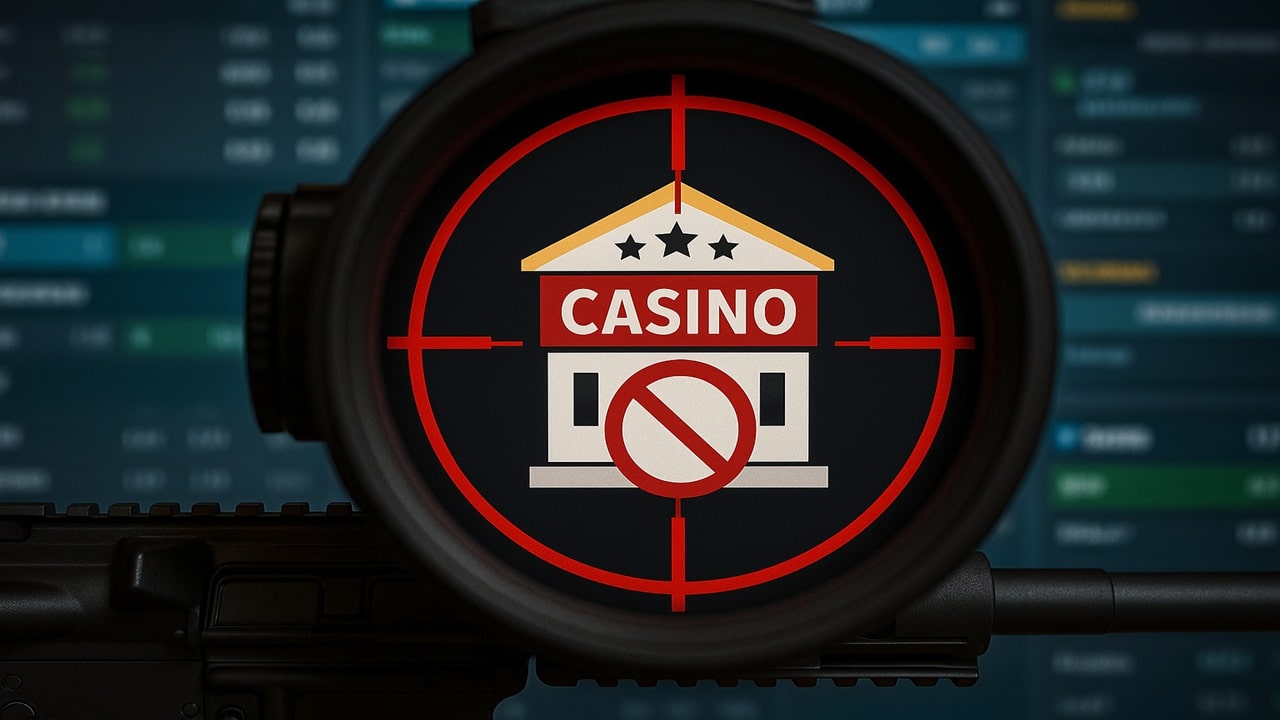

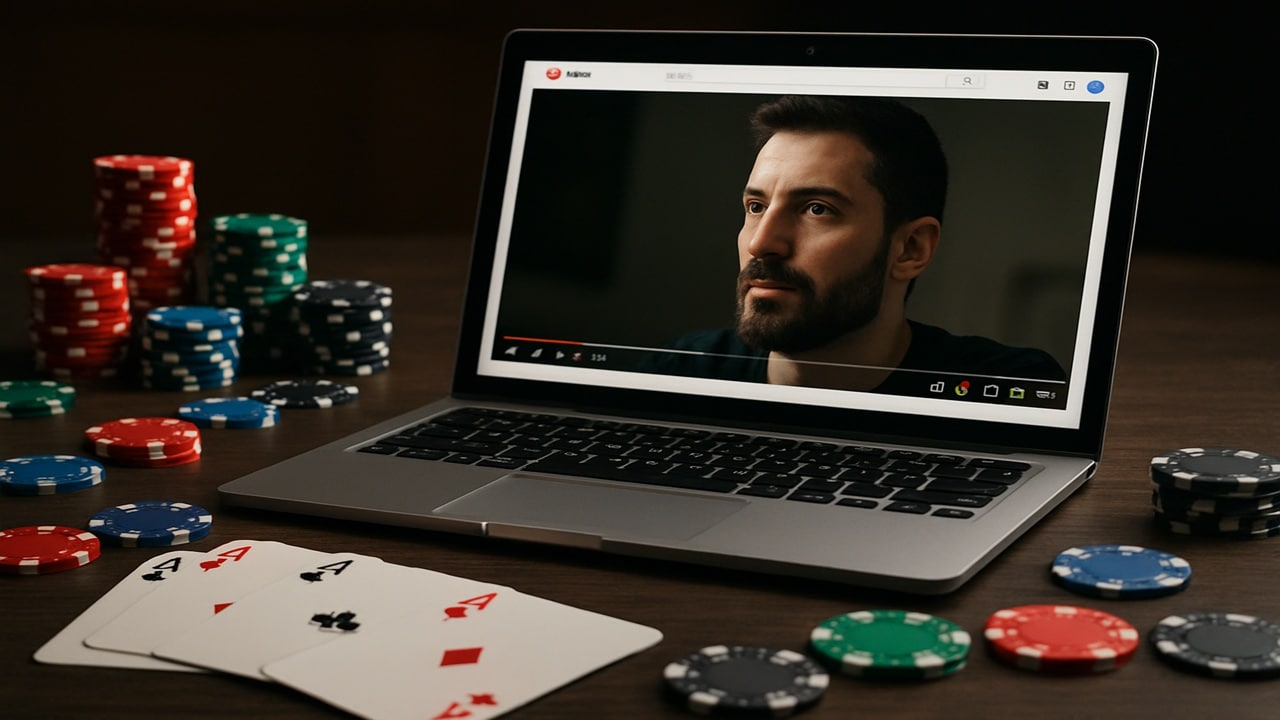





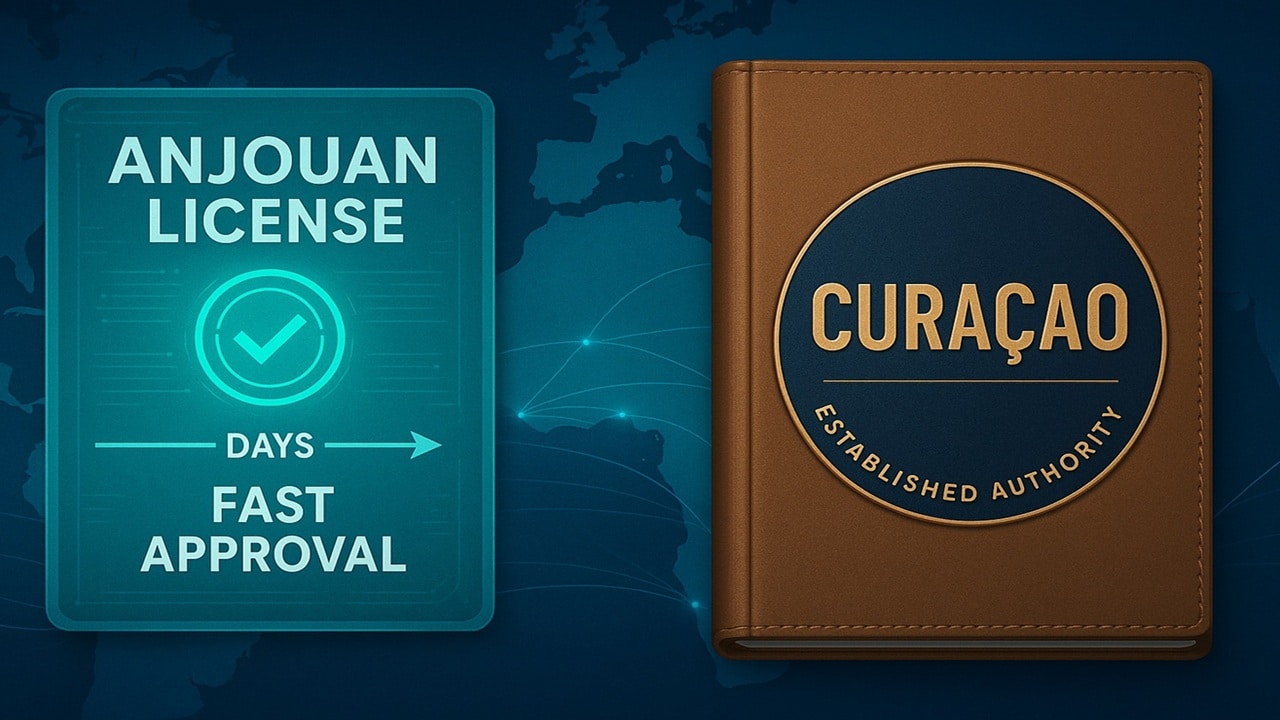
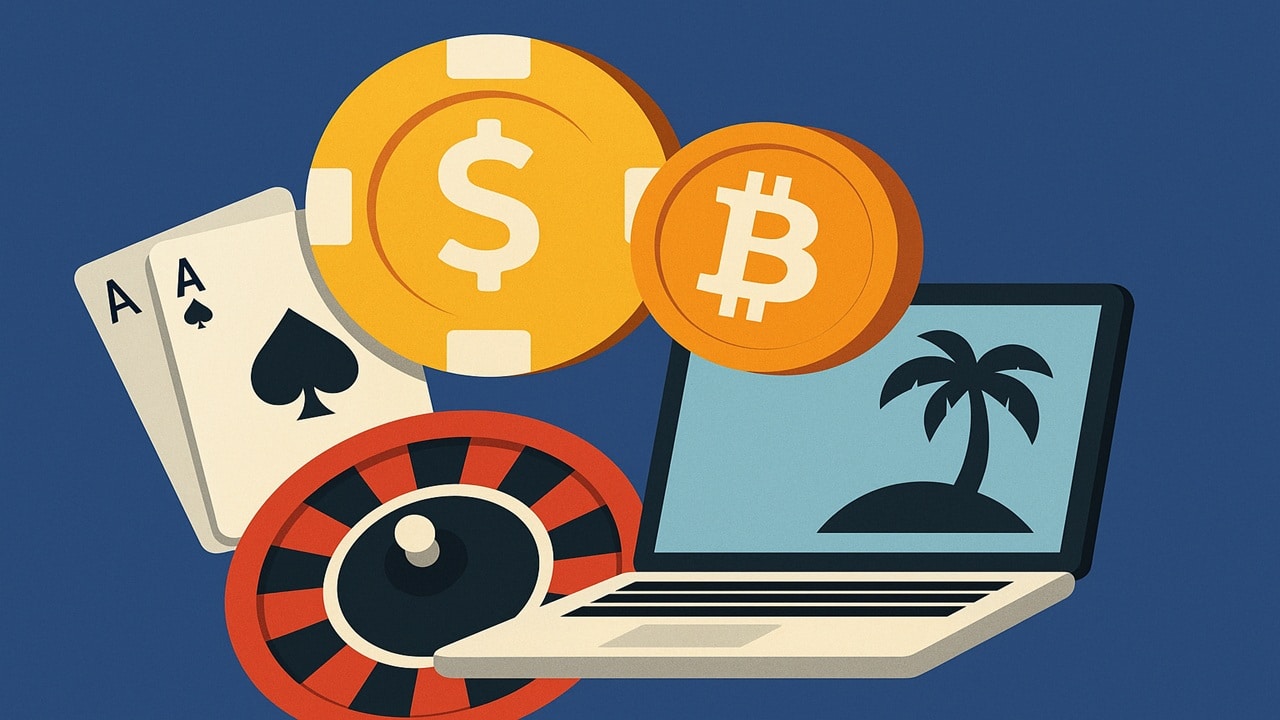
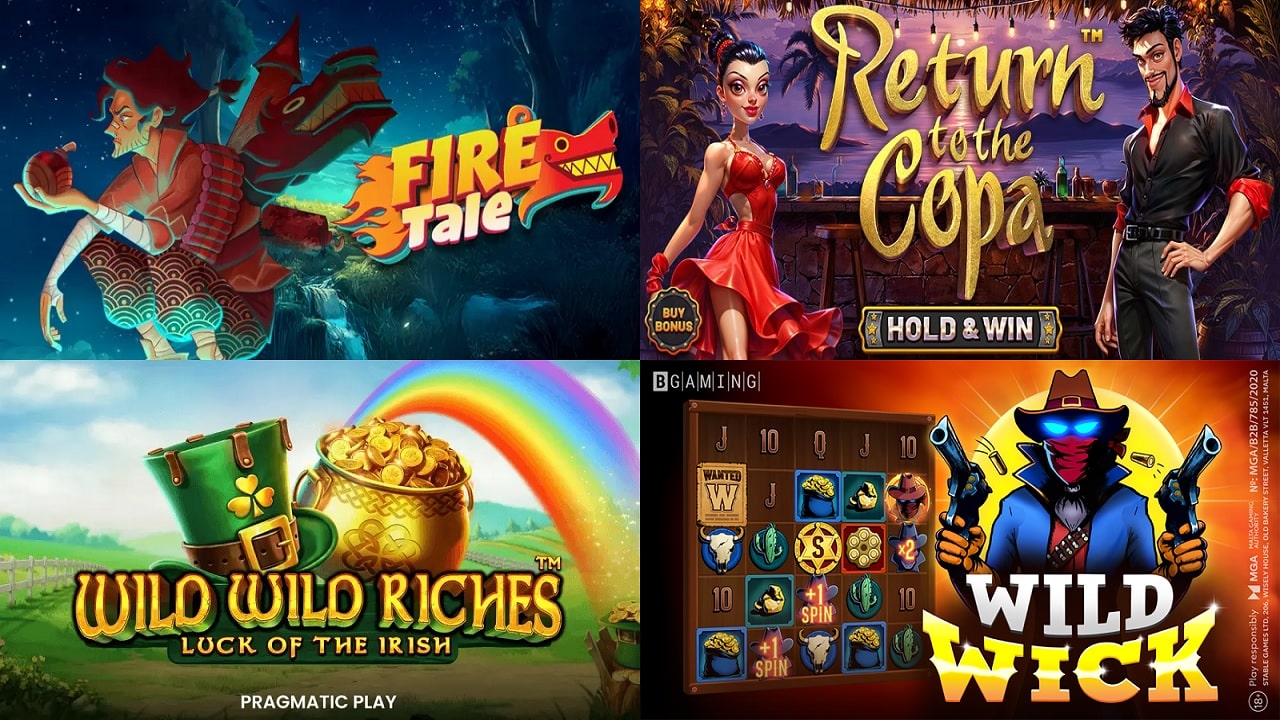

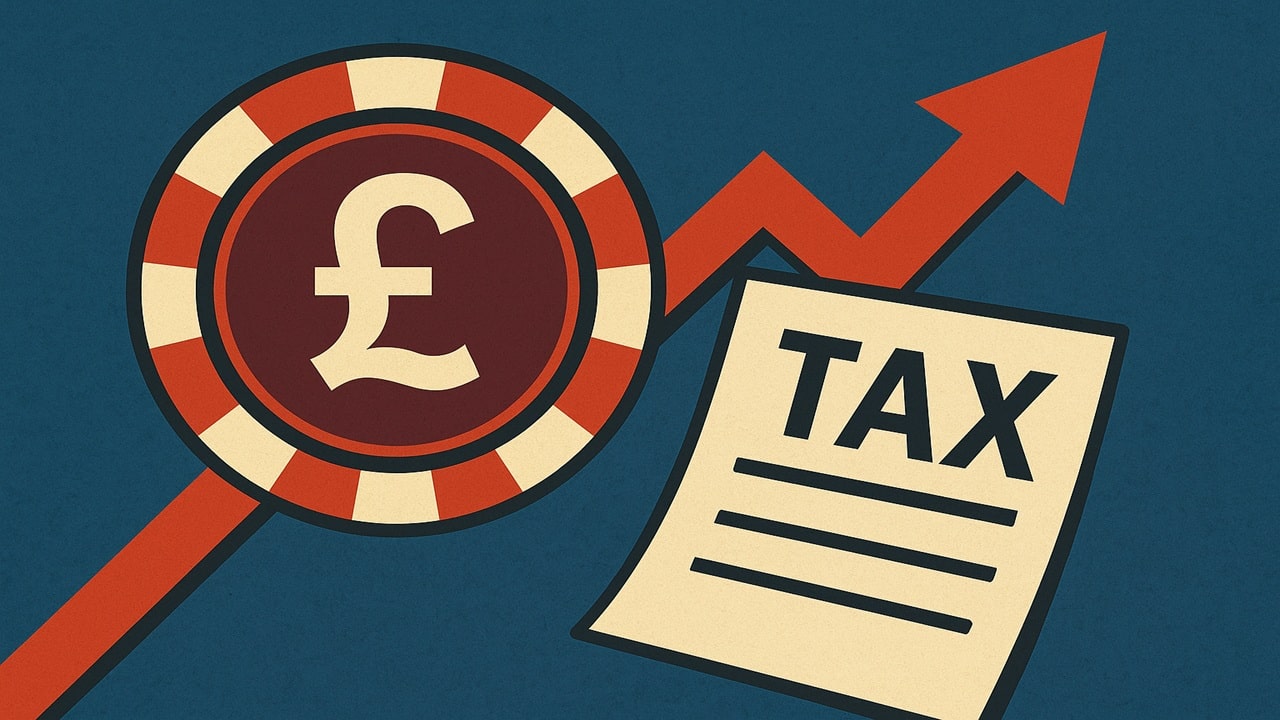


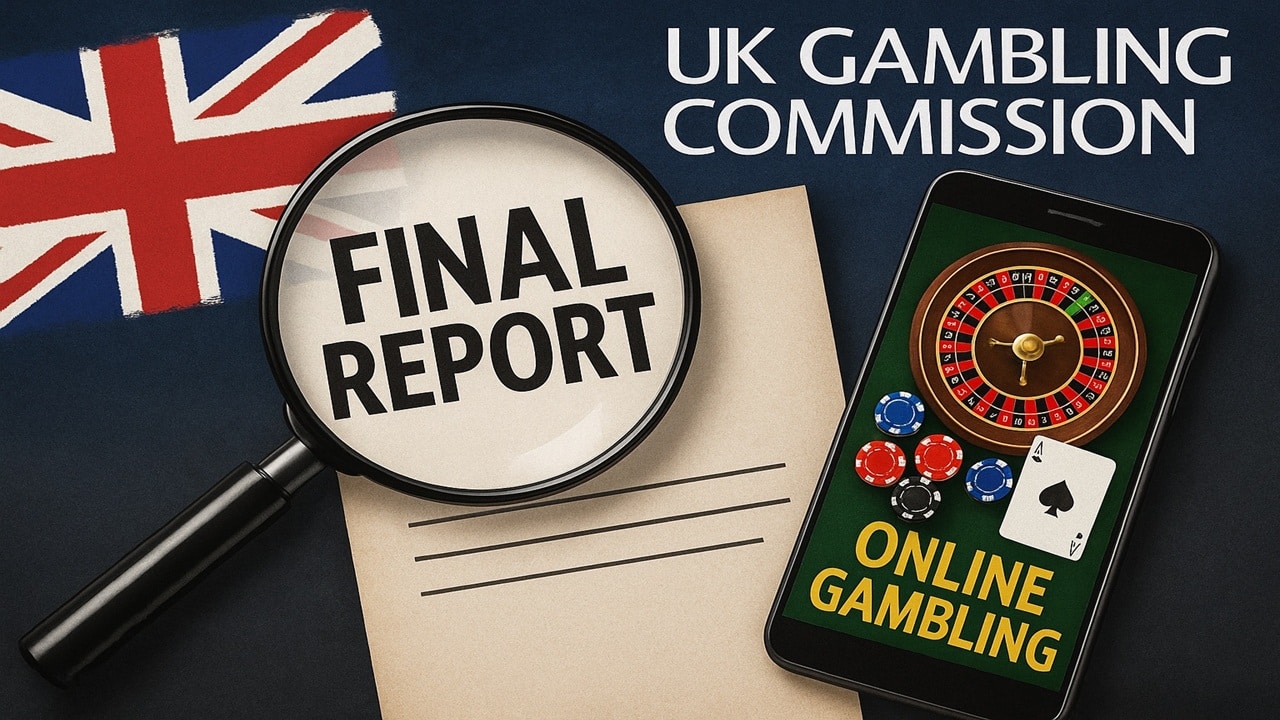




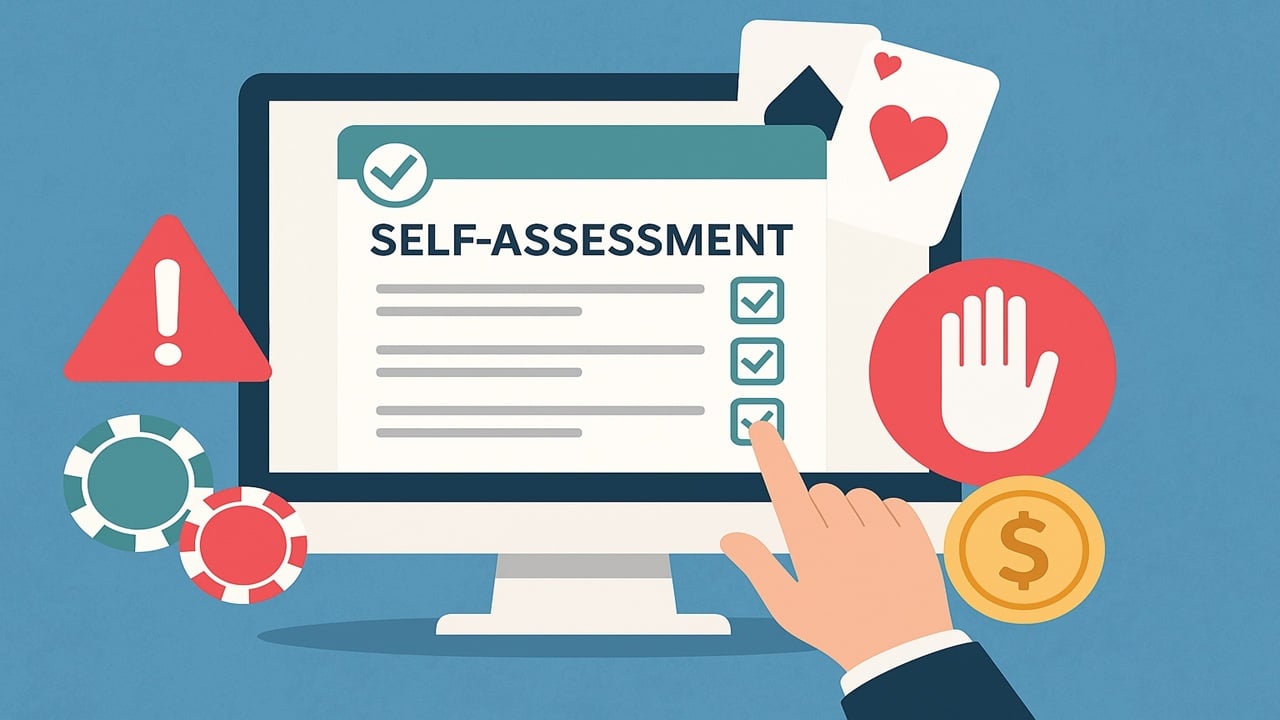
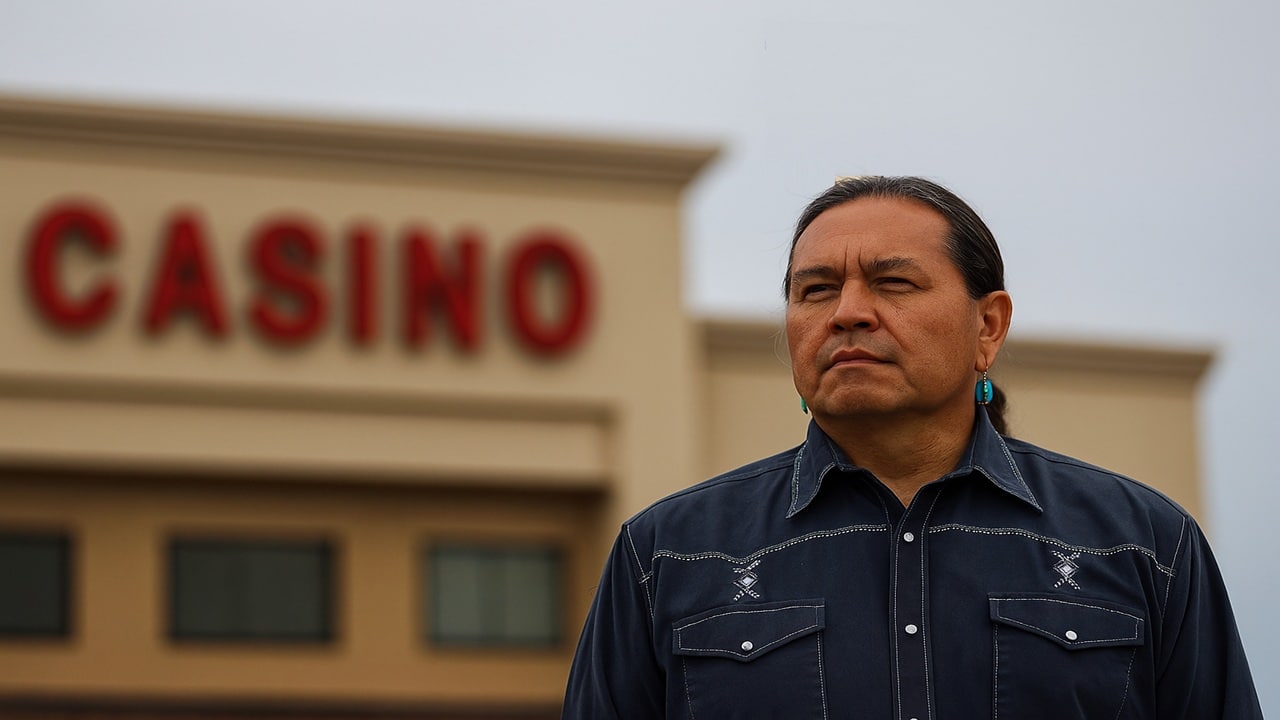



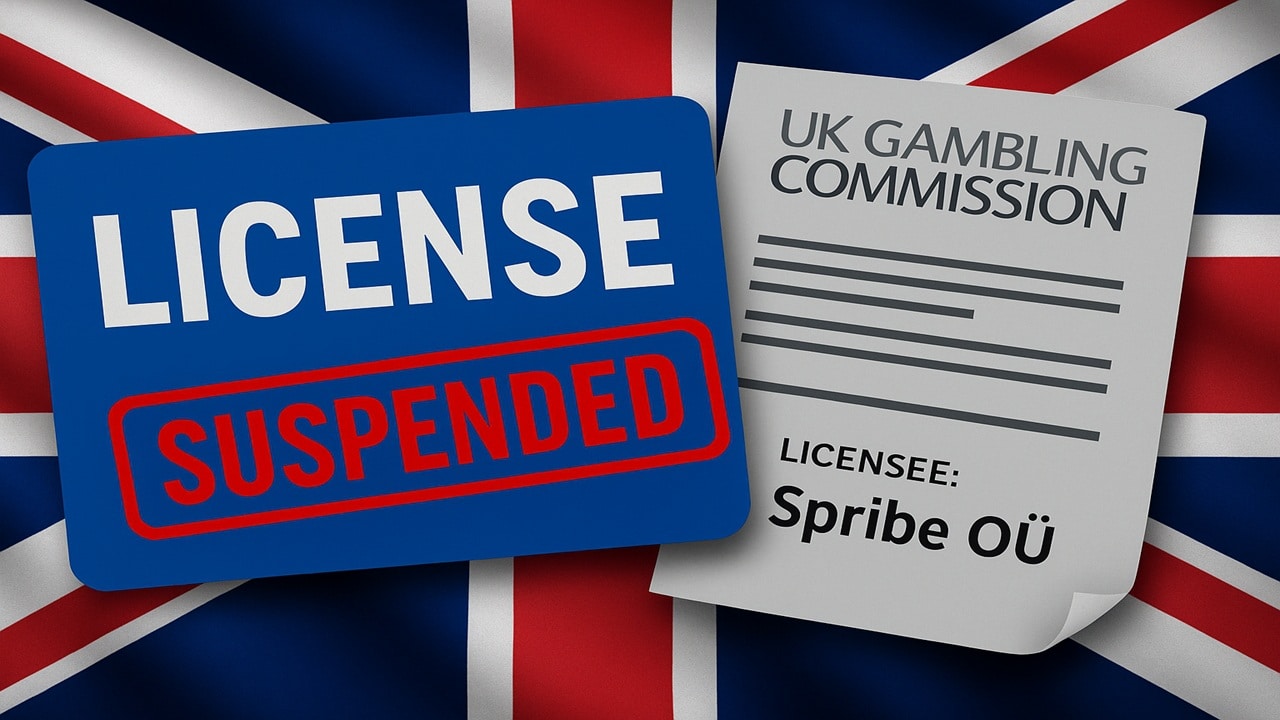


Leave A Comment